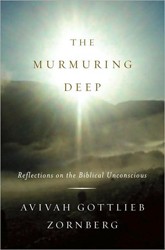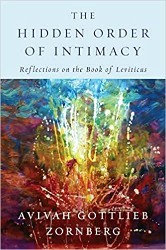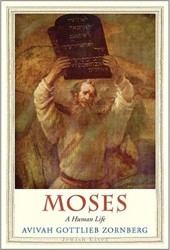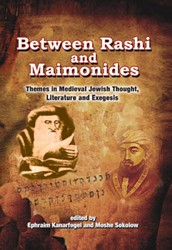Bewilderments offers a thematic exposition of the Torah’s Book of Numbers, or Sefer Bamidbar, in which the Israelites wander the desert for forty years. Dr. Aviva Gottlieb Zornberg discusses the major stories arising from those years, among them the censuses, the test for the woman suspected of not being faithful to her husband, the five sisters who claim inheritance after their father dies without sons, the twelve spies in Canaan, Korach’s rebellion, the death of Miriam and water from the rock, and Balaam. Midrash plays a central role, drawing from a wide range of Jewish commentators including but not limited to Rashi, Maimonides, Ramban, Sefat Emet, the Maharal, and R. Nahman of Bratzlav. She also uses insights and analytical tools from scholars of philosophy and psychoanalysis and from authors of poetry and classic literature to build on traditional explanations and identify additional possibilities of meaning and connection.
These sources are particularly helpful to the discourse on Moses. For Moses, Zornberg does not limit Bewilderments to the Book of Numbers but instead draws from his full life story. Examined in detail to find meaning and the key questions hidden within, the stories of Moses are all the more powerful when Zornberg weaves together her signature close readings of the Hebrew text, provided in translation, with the insights found in classical sources. The resulting analysis goes beyond the character of Moses to a deep perceptiveness about the human experience of desire and understanding in the face of death.
Dense with Torah, Bewilderments is at times bewildering. To bring new insights to the reader, Zornberg revisits topics in order to turn prior connections into sharper awareness. This circular approach is insightful, sometimes even lyrical, and Zornberg’s ability to communicate the complex and the complicated never fails to impress. T book can be hard to follow and occasionally confusing as threads of text or explanation are explored to varying degrees; left for a few pages, sections, or chapters; and then picked up again to find deeper meaning and discernment. Readers with practiced experience in learning Torah may find the continuous intensity exhilarating; casual readers may wish to approach the book in small pieces. But no matter one’s approach, nearly everyone who opens this book will find an idea or nuance fresh and interesting, and even worth carrying into the world.





